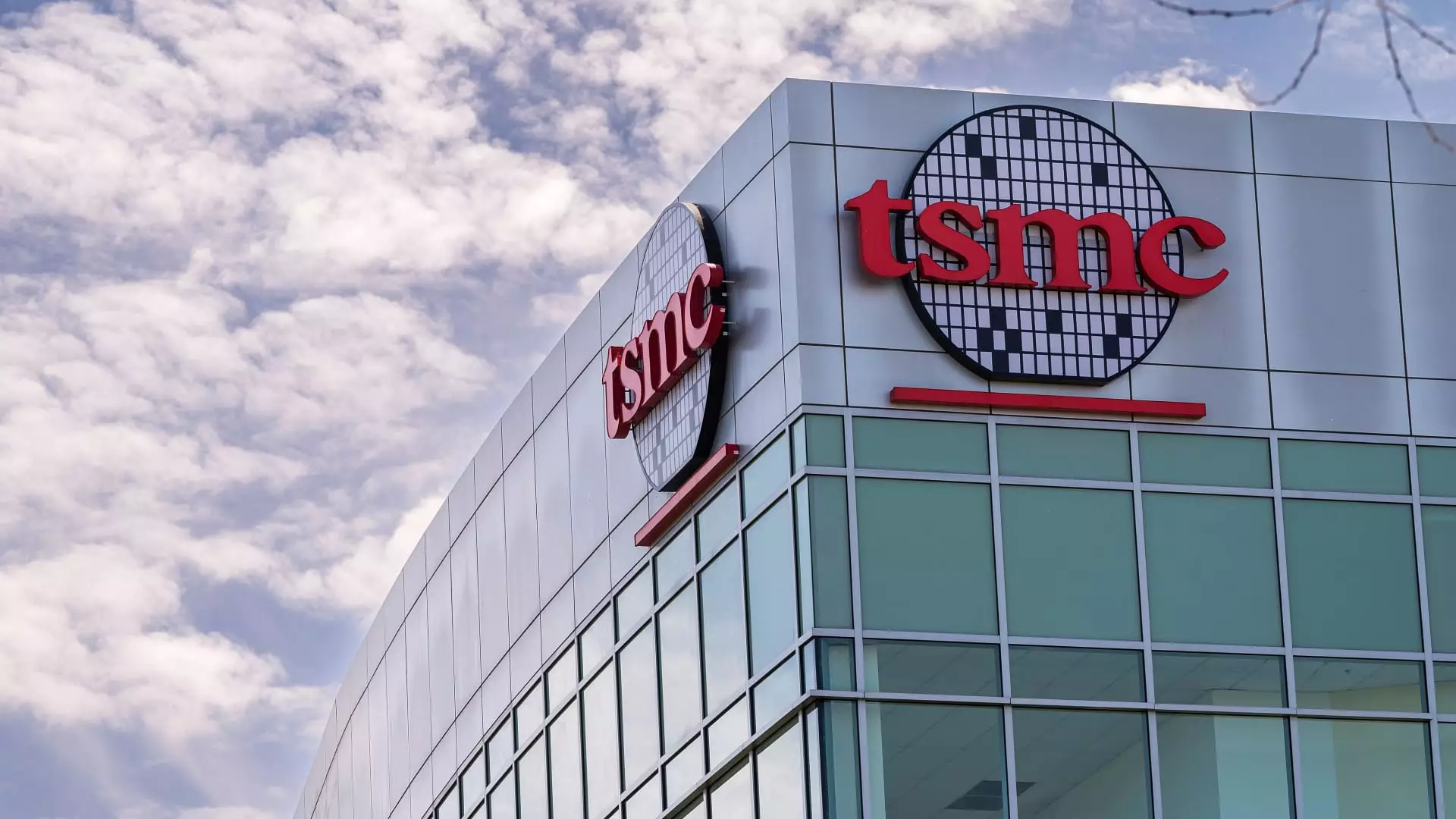In the second quarter, Taiwan Semiconductor Manufacturing Company (TSMC) surpassed revenue and profit expectations, demonstrating robust performance amidst increasing demand for advanced chips used in AI applications. TSMC’s net revenue of 673.51 billion New Taiwan dollars ($20.82 billion) exceeded the expectations of NT$657.58 billion. Similarly, the net income of NT$247.85 billion outperformed the NT$238.8 billion LSEG SmartEstimate. This remarkable achievement can be attributed to the surge in demand for TSMC’s industry-leading 3-nanometer and 5-nanometer technologies, despite facing challenges related to continuous smartphone seasonality.
Chairman and CEO C.C. Wei highlighted the difficulty of balancing the high demand for chips with the limited supply available. Despite working tirelessly to meet customer requirements, Wei acknowledged the current tight supply situation, projecting it to persist until 2025. The advent of AI technology has significantly contributed to chip shortages, elevating the importance of maintaining a delicate equilibrium between supply and demand. TSMC’s dominance in producing advanced chips for smartphones and AI applications has positioned it as a key player in the semiconductor industry, catering to clients like Apple and Nvidia.
TSMC’s commitment to innovation is evident in its development roadmap, with plans to begin mass production of 2-nanometer chips in 2025. As smaller nanometer sizes result in more potent and efficient chips, the progression towards 2-nanometer technology signifies a significant leap forward for TSMC. The company’s capacity expansion efforts aim to address the intensifying demand for 3-nanometer chips, with hopes of easing the supply constraints by 2026. Additionally, TSMC anticipates a strong performance in the third quarter, supported by robust demand in the smartphone and AI sectors, paving the way for a growth-oriented 2024.
Looking ahead, TSMC forecasts third-quarter revenue between $22.4 billion and $23.2 billion, marking a substantial increase from the previous year. The company’s capital budget for the year is refined to a range of $30 billion to $32 billion, with a significant portion allocated towards advanced technologies. As TSMC adapts to the evolving market dynamics, it remains flexible in converting existing technologies to meet the demand for cutting-edge chips. Despite a temporary dip in share prices due to external market factors, TSMC’s focus on sustaining growth and innovation continues to attract investor interest.
With a commanding 62% share of the global foundry market, TSMC is well-positioned to capitalize on the increasing demand for advanced chip solutions. Industry experts anticipate a substantial expansion in the capacity of TSMC’s 3-nanometer process, signaling a promising outlook for future growth. Analysts remain optimistic about TSMC’s revenue growth prospects, with projections revised upwards to reflect the company’s strong performance and strategic initiatives. As TSMC navigates the evolving semiconductor landscape, its ability to innovate and respond to market demands underscores its status as a formidable industry leader.

